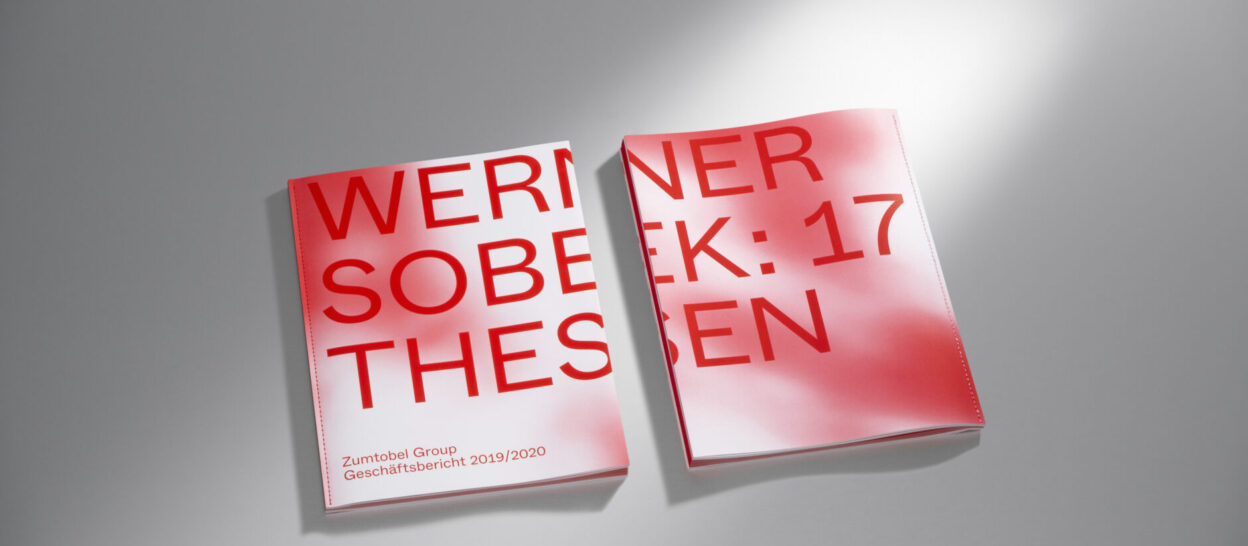
Building a Sustainable Future – 17 Statements
For more than 29 years, the Zumtobel Group has published an annual artistic report designed by renowned personalities. This results in unconventional art books in printed form that have already achieved collector status. Prof. Werner Sobek accepted the invitation and, together with büro uebele, designed this year’s 2019/20 annual report of the lighting technology company.
The overall concept is sustainable and forceful – with 17 statements, Prof. Werner Sobek illustrates the urgently needed change in the building industry: “The statements are a reminder, enlightenment and perspective. They are intended to create awareness and spark a purposeful discussion about our common future.” The book is also produced 100 % residue-free and can be completely returned to the recycling cycle.
We are excited about this special opportunity!
Video: Future and Responsibility in Construction – 17 Statements by Werner Sobek
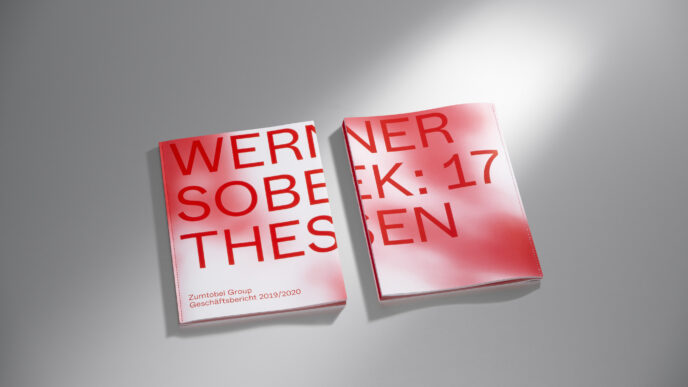
Werner Sobek’s Statements on Sustainability from 1 to 17
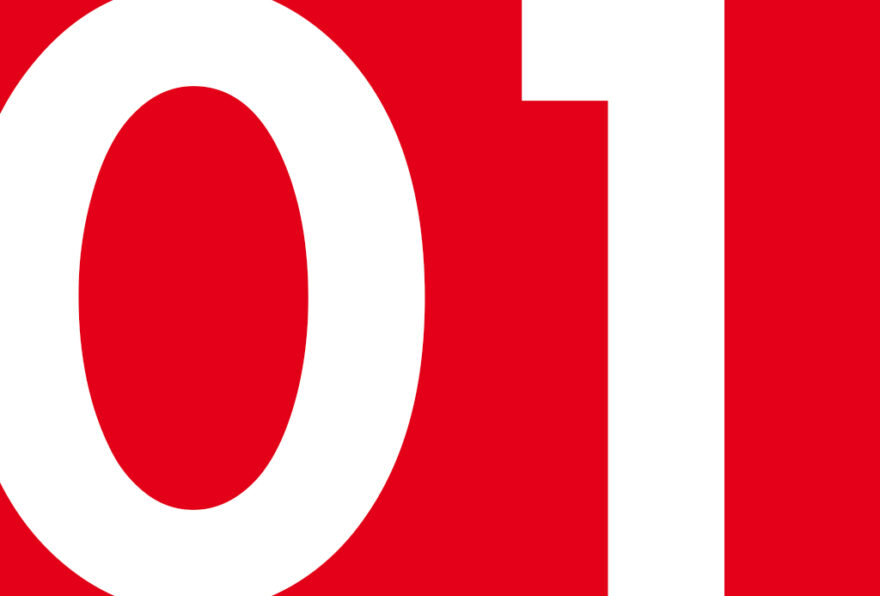
Statement 01: The world’s population is growing at an average rate of 2.6 people per second
This is doubtless the most important figure of all. To meet the associated explosion in demand for buildings and infrastructure in line with Austrian, Swiss or German standards, every year we would need to extract some 40 billion tonnes of construction materials from the earth. Moving forward, we must use less material to build for more people.
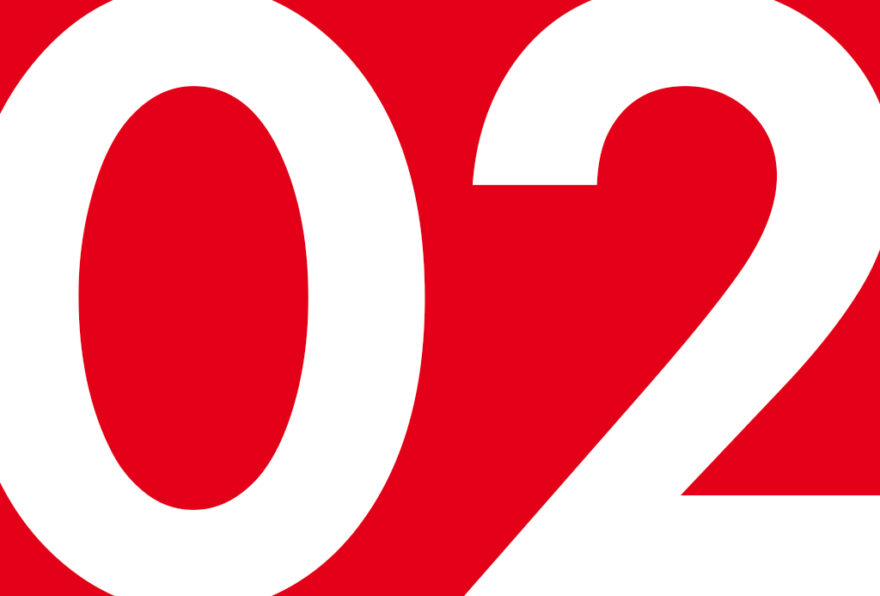
Statement 02: The fact that CO₂ is transparent and odourless is the greatest tragedy for humankind
Human beings are incapable of comprehending this invisible, climate-damaging gas until we are confronted with its effects. But by then it’s too late. We must learn to understand, control and prevent what we cannot see or smell in order to minimize its harmful impacts.
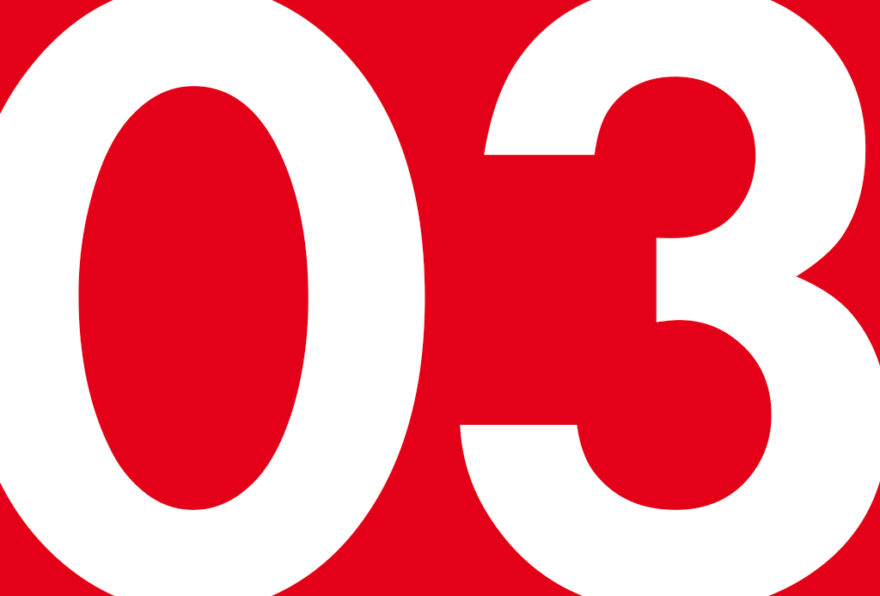
Statement 03: As human beings, we do not have a problem with energy. We have a problem with emissions
The sun alone radiates 10,000 times more energy onto the earth than humankind needs to fulfil all its functions. So we do not have an energy problem. What we do have is an emissions problem caused primarily by climate-damaging gases from the combustion of fossil fuels, biogas and wood.
We need policies that address emissions rather than energy. The generation of greenhouse gases must be banned from the production, operation and demolition of our built environment.
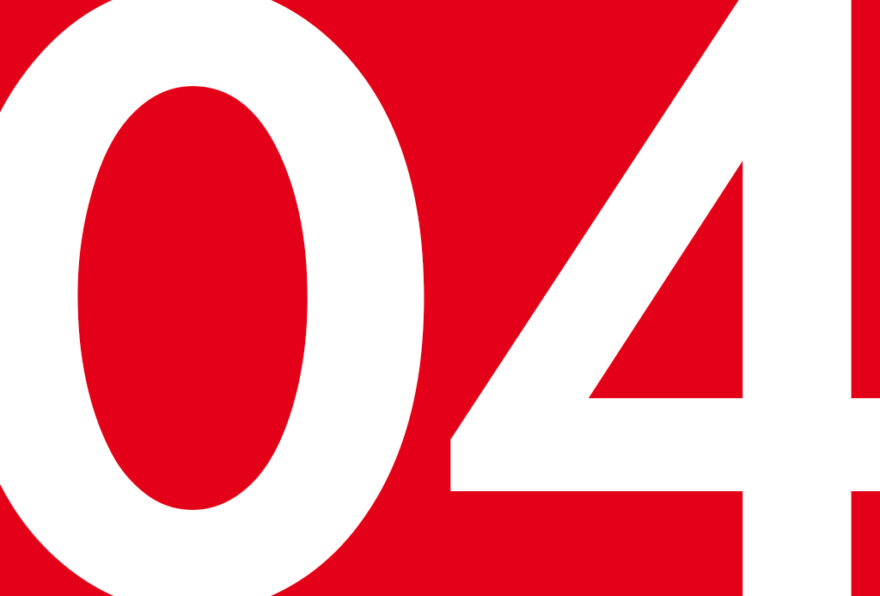
Statement 04: “Renewable” energy is a misleading term
Energy cannot be created or destroyed. It can only be converted from one form to another. We must use a precise terminology to accurately describe the facts and correlations. This is the foundation on which all insights and scientific knowledge, and indeed democracy itself, are built.
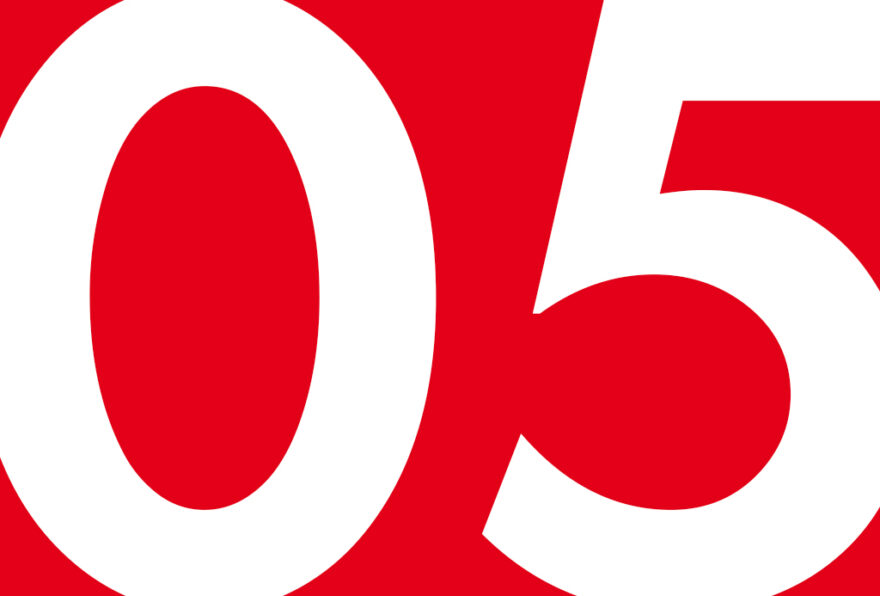
Statement 05: It is wrong to focus only on energy efficiency during the utilisation phase
Calls for energy efficiency during a building’s utilisation phase are actually aimed at reducing the associated emissions. However, the ultimate objective is zero emissions, and this should be clearly stated.
In fact, operating the building is only part of the problem. Global construction must shift the focus of its efforts and prioritize a dramatic reduction in embodied emissions.

Statement 06: Construction generates excessive waste gases
The construction and operation of buildings generates around 35-40% of all greenhouse gas emissions worldwide. This equates to some 12 billion tonnes of CO₂ every year, or 380 tonnes of CO₂ per second.
We must do all we can to minimize, avoid and compensate for emissions associated with the construction, operation and demolition of our built environment.

Statement 07: We must reduce our use of reinforced concrete
Every cubic meter of reinforced concrete leads to emissions of some 330 kg of CO₂.-Reinforced concrete must be used far more sparingly in future, and only in situations where its excellent properties are genuinely needed.

Statement 08: There’s not enough timber in the world
Hopes of a built environment made almost entirely from wood ignore the fact that there is not enough timber available. We need large-scale planting of fast-growing timber suitable for construction. Even though the trees cannot be harvested for several decades, this would represent an important investment in the future. What is more, sequestration of carbon would begin straight away. So forestation is the order of the day.

Statement 09: We need more trees
Natural processes currently emit around 550 billion tonnes (Gt) of CO₂ per annum, which are sequestered by nature in roughly equal amounts by means of photosynthesis. There is no natural sequestration potential for the 32 Gt per annum of man-made emissions.
This forest does not yet exist. It needs to grow. In the absence of alternatives, we must embark immediately on an extensive tree-planting program, while at the same time avoiding CO₂ emissions wherever possible.
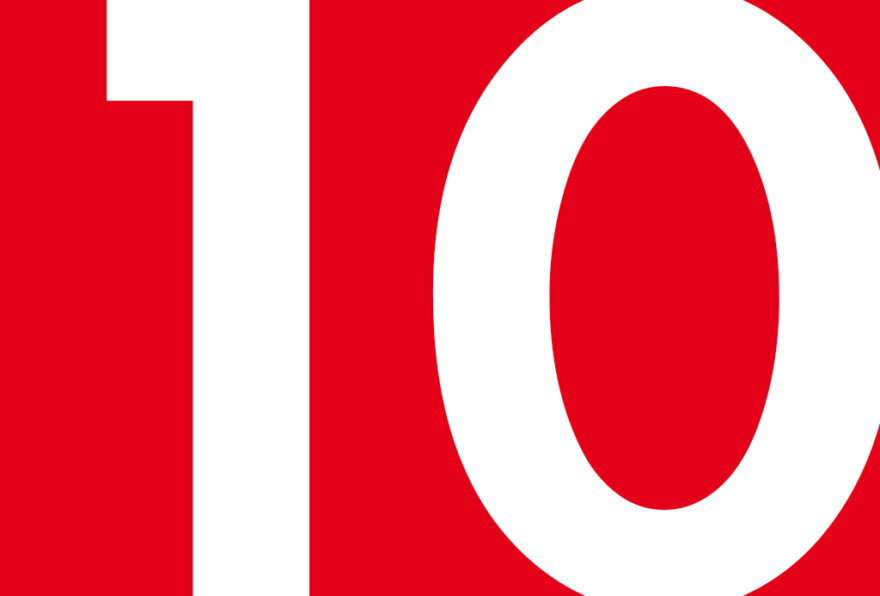
Statement 10: Most people vastly overestimate the ability of an individual tree to sequester CO2
In Europe, a large, healthy tree in its peak growth phase will sequester up to 100 grams of CO₂ per day. To make a highway like the A8 near Stuttgart carbon-neutral, there would have to be more than 200,000 such trees for each kilometre of road. The only answer is to drive less, to drive low-emission cars, and to plant trees. Every day.

Statement 11: Construction is a greedy consumer of resources
The construction industry accounts for around 60% of global resource consumption. We need to scale back the use of materials in construction. We must rethink our building practices to allow the subsequent reuse of all materials. Nothing must be lost; nothing must be destroyed.

Statement 12: We must change our approach to construction
The only way to radically reduce the consumption of resources and the production of emissions in the construction sector is to completely transform the way we build. Resource-friendly building will require the consistent use of lightweight construction materials, recycling-friendly techniques and secondary raw materials. But it also means building less per capita.
Carbon-neutral buildings call for a radical rethink of our current approach. And what about emissions? Embodied emissions from construction are responsible for around 20% of global warming.
It’s time we finally developed construction methods that work with nature, rather than against it. The onus is on us to find solutions that will remain viable for many generations to come.

Statement 13: Building is the attempt to produce a home for humanity
We don’t know where we come from; we don’t know where we’re going. Here and now, in this present moment, we’re searching for meaning and a sense of security. Home. We’re searching for a home, and that home is shaped – primarily, though not exclusively – by the built environment.
Isn’t “home” what we really should be building? Home for everyone. Towns that sound good. Houses that smell good. Infrastructure that’s a pleasure to touch.
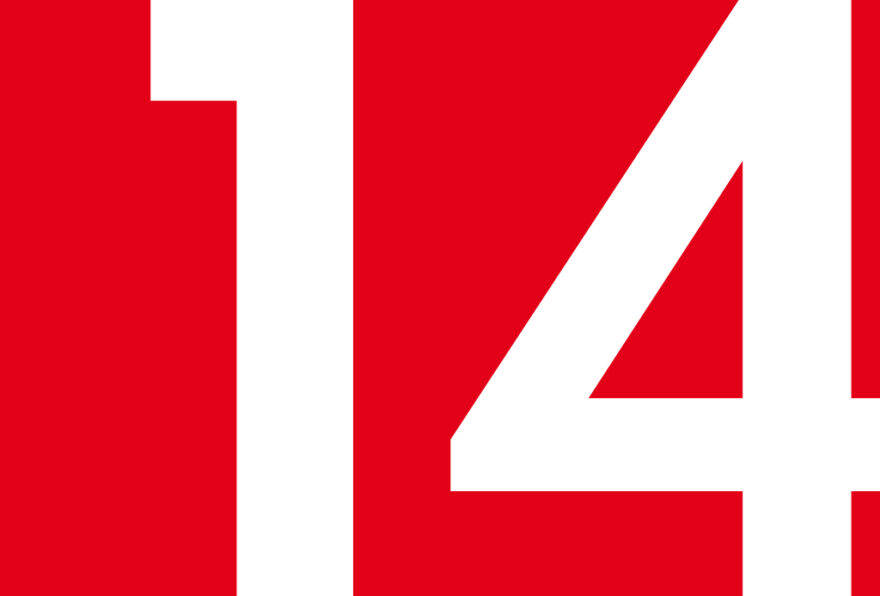
Statement 14: The built environment calls for a different kind of light
In the times that lie ahead of us – times of tremendous turmoil and huge upheavals – building with light will take on a whole new significance. We need to comprehensively rethink the way we work with light. We need to recommence building with light.

Statement 15: Affluence for all – at the level currently enjoyed by industrialized nations – is not possible
Providing everyone alive today with a standard of building that ensures a healthy and humane kind of existence simply is not possible. Providing all the people who will be born into the world in the future with buildings of this standard is equally impossible.
This realisation needs to guide all our thoughts and actions. And we need to be honest at all times: either we admit that we are deliberately consigning large numbers of people to lower standards of life – or we must change our lives and the goals we set ourselves (goals that, perhaps, others have set for us?).
We all need to change our lives and our goals in this all-too-brief earthly existence. We need to write it, say it, sing it: we’re all going to change our lives.

Statement 16: The great transformation has to succeed
We have until 2050 at the latest to comprehensively reduce emissions of climate-damaging gases, flatten the curve of population growth, and develop a fully functioning circular economy along with food, education and healthcare provision for all.
That’s the time span available: a single generation. If we don’t, as a whole society, accomplish this task, then the consequences will no longer be within our power to control.
“You plant an olive tree for your grandchildren” goes an old Greek saying. Doesn’t this contain more wisdom, more sense of responsibility for the future than our entire current economic system? Must we not do everything we possibly can to make humane life on earth possible for future generations, too?

Statement 17: Natura mensura est
Non deus neque homines neque pecunia mensura sunt.
Not a god and not man and also not mammon are the future measure of things for us. The preservation of an intact nature is the supreme task, because without an intact nature there is no basis for human life.
Our life and actions must be oriented towards a new appropriateness and a new form of affection. To the unconditional appreciation of the other as a human being of equal dignity must be added appreciation and care for nature, in the whole as well as in the individual. There is no longer a ‘business as usual’.












